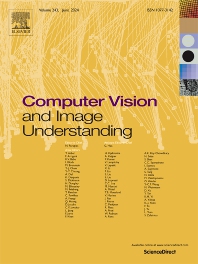Journals in Physical sciences and engineering
Journals in Physical sciences and engineering
- ISSN: 1574-0137
Computer Science Review

- ISSN: 0885-2308
Computer Speech and Language

- ISSN: 0920-5489
Computer Standards & Interfaces

- ISSN: 1077-3142
Computer Vision and Image Understanding

- ISSN: 0010-4485
Computer-Aided Design

- ISSN: 0098-1354
Computers & Chemical Engineering

- ISSN: 0045-7906
Computers & Electrical Engineering

- ISSN: 0045-7930
Computers & Fluids

- ISSN: 0098-3004
Computers & Geosciences

- ISSN: 0097-8493
Computers & Graphics
